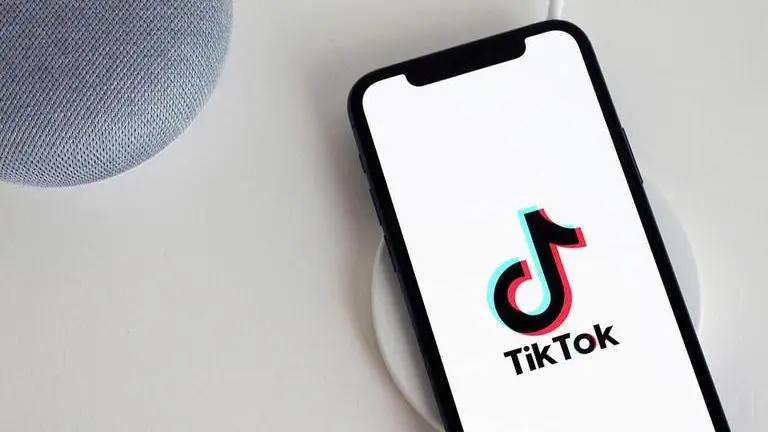Updated 5 June 2021 at 11:49 IST
TikTok can collect users' biometric data with new privacy policy, including face prints
Video sharing platform TikTok has updated its privacy policy to introduce a new section that states that the app “may collect biometric identifiers"
- Tech News
- 2 min read

Video sharing platform TikTok has updated its privacy policy to introduce a new section that states that the app “may collect biometric identifiers and biometric information” including face prints and voiceprints from its users in the US. While the ByteDance owned application has not spilt out further details, it has confirmed that users’ consent would be asked in case such automated data collection begins. TikTok, which has been accused of pilfering private data, made the disclosure to enhance the transparency of its privacy policy as per legal obligations in several American states.
"We may collect information about the images and audio that are a part of your User Content, such as identifying the objects and scenery that appear, the existence and location within an image of face and body features and attributes, the nature of the audio, and the text of the words spoken in your User Content," TikTok said in a statement.
The update also spills out details on the nature of the information collected. The information may include the identification of "objects and scenery that appear." It can also seek the "existence and location" of the face and body features and attributes within an image. As for audio, it can collect the data to identify the nature of the audio, "and the text of the words spoken in your User Content."
'Images and Audio information'
The update is mentioned under the subheading ‘Images and Audio information' in the privacy policy section for US users. While the platform confirmed that it would collect users’ biometrics, it stated that it will seek additional permissions from users “only where required by law”. As per the video platform, the collected data could be used for future developments like content moderation, "demographic classification, for content and ad recommendations, and for other non-personally-identifying operations".
This comes days after China’s internet watchdog said that companies including ByteDance, Baidu, Kuaishou improperly collected data from its users. As the country continues its clampdown, the Chinese internet watchdog, according to South China Morning Post, ‘named and shamed’ the nation’s some of the most popular mobile applications including the Chinese version of TikTok among a total of 105 apps.
Advertisement
Image: Pixabay
Published By : Riya Baibhawi
Published On: 5 June 2021 at 11:49 IST
